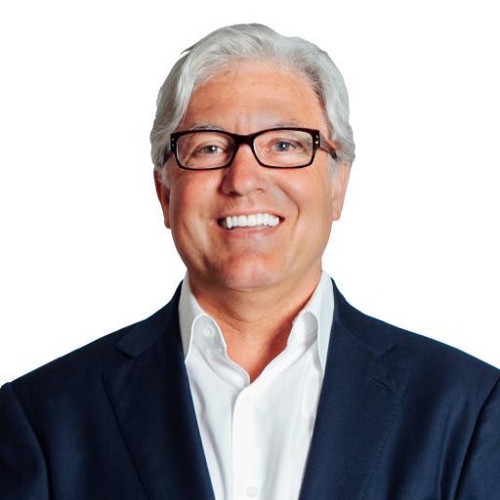Some people trust only themselves. They look at others with suspicion, considering them unreliable, or unwilling to provide any measure of help or support. Addiction is wholeheartedly in line with that sentiment. The addiction doesn’t want you to trust anyone, including yourself. It wants to hold that position of trust exclusively.
A person who is unable to trust others has nowhere to go to work through issues of shame, blame, and guilt. They are their only source of reflection and solace. If they could have provided either, they may not have been so susceptible to the lies of the addiction. When the person who is engaged in addiction is the only person to hold the addiction accountable, failure is virtually assured.
As I’ve explained previously, failure to trust others usually comes from a faulty attachment between a child and an adult caregiver or parent. For a variety of reasons, the child perceives the adult to be untrustworthy and unable or unwilling to provide for the child’s needs. The child learns to handle these needs alone, as best they can.
When recovering from an addiction, a person needs to seek outside help, support, and understanding. Successful recovery involves not only individual therapy but also the group environment where people can come together to support the sobriety and healing of others. Those who embrace the group environment and risk the input of others benefit. Those who remain closed off, isolated, and resistant to openness and transparency struggle.
Bearing the burden of shame, blame, and guilt alone can cause a person to stumble. When people are able to trust and share experiences, feelings, thoughts, and impressions, they learn how others have handled and relieved themselves successfully of those burdens. They discover they are not alone. More importantly, they discover they don’t need to be.
One hallmark of adulthood is learning what your faulty core beliefs are, understanding where they came from, and figuring out how to adopt healthier attitudes based on an adult’s mature understanding instead of a child’s incomplete knowledge and judgment. Addiction, in no way, wants to allow for healthy maturation of core beliefs. Instead, it seeks to keep a person trapped in childhood or adolescent understanding, especially where the concepts of shame, blame, and guilt are concerned. A child may conclude, “I don’t deserve to be happy.” A mature adult pursues happiness and knows, “I have a right to be.”
In recovery, addiction may not be actively working, but it can be actively speaking, griping, complaining, comparing, undermining. Addiction wants to fill in the hole with the old stuff; after all, it knows that stuff fits because the hole is where it came from. It is all too happy to wriggle right back into the hole and fill it up with the same old putrid stuff. Instead, I’ve found recovery works best when you actively begin to fill up that hole with healthy attitudes, actions, and activities as much and as soon as you can.
When we rip out false beliefs, we need to reconstruct our foundational thinking with healthy attitudes. Below are seven healthy attitudes to incorporate into a new way of life.
- I have value and worth.
- I can ask for help.
- I am not alone.
- I am grateful for my life.
- I am acceptable, not perfect.
- I am lovable.
- I can look forward to the future.
In recovery, as the addiction recedes, people get their long-distance vision back. They can look to the future and feel encouraged. When you can look forward to the future, hope has been restored. It all begins with a commitment to a healthier way of thinking.
Dr. Gregory Jantz is the founder of The Center • A Place of HOPE in Edmonds, Washington, voted a top ten facility for the treatment of depression in the United States. Dr. Jantz pioneered Whole Person Care in the 1980’s and is a world-renowned expert on eating disorders,depression, anxiety, technology addiction, and abuse. He is a leading voice and innovator in Mental Health utilizing a variety of therapies including nutrition, sleep therapy, spiritual counseling, and advanced DBT techniques. Dr. Jantz is a best-selling author and has appeared on CBS, ABC, NBC, Fox, and CNN.


